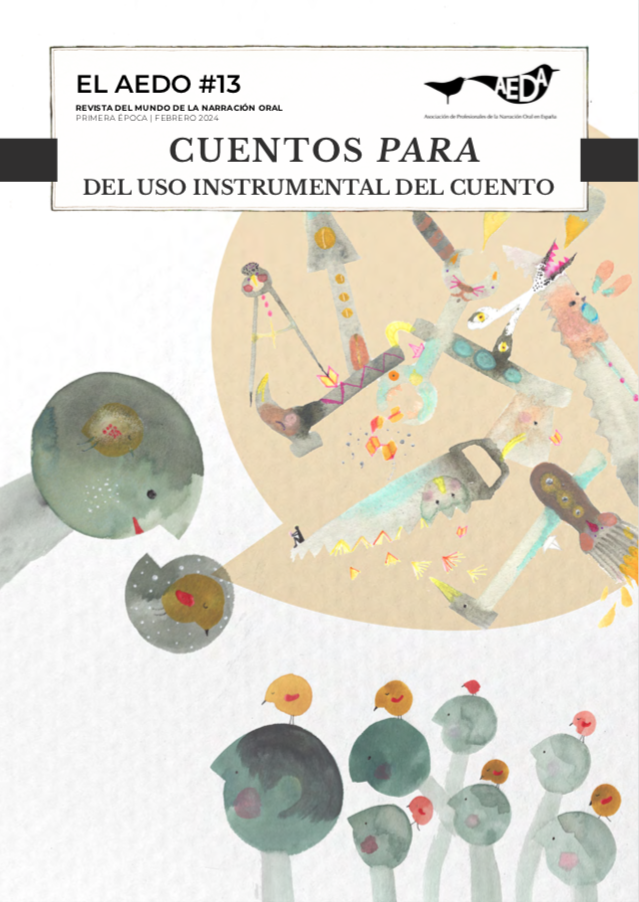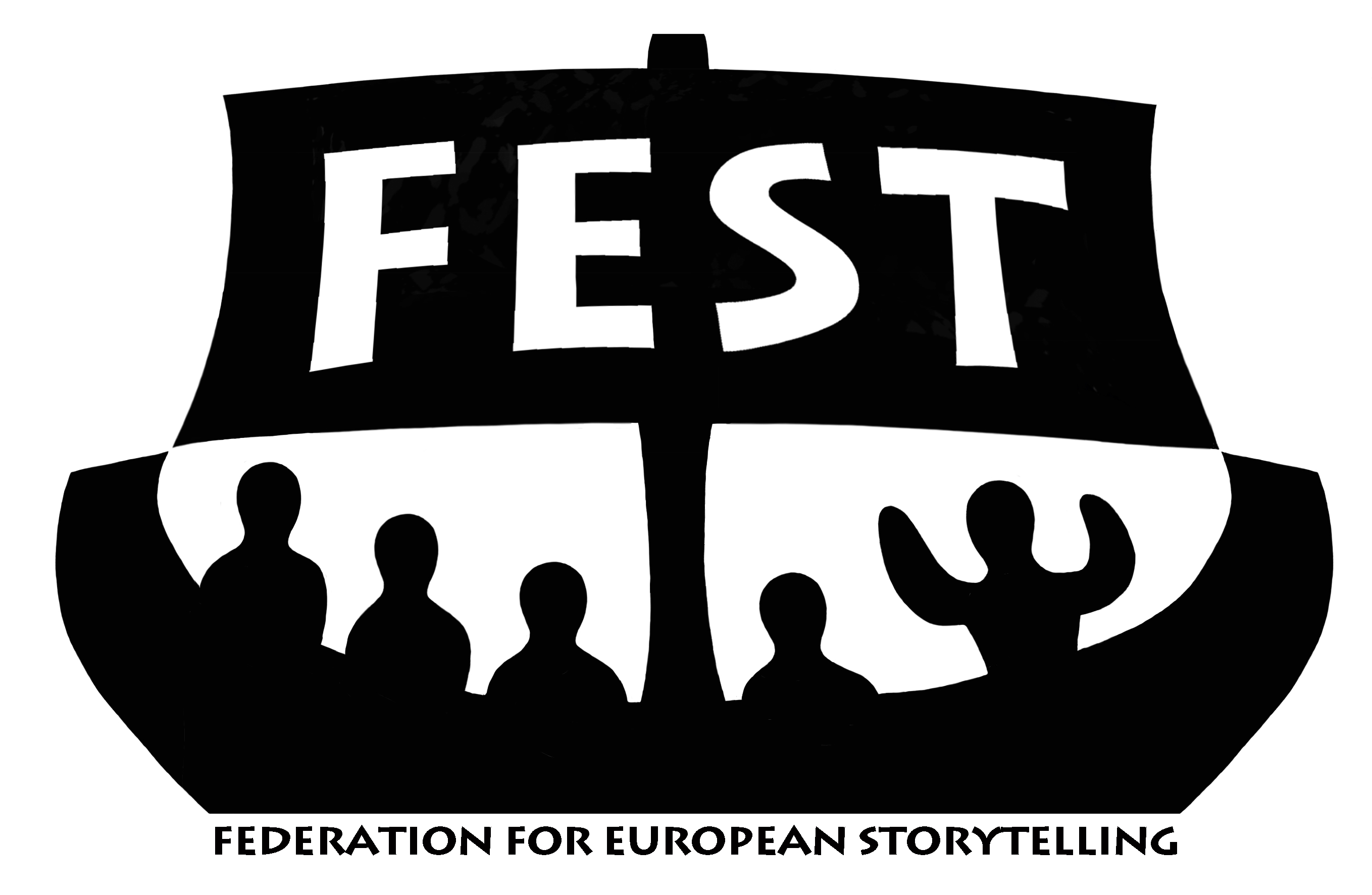De una forma u otra, todas las historias tratan sobre la vida, sean estas historias cotidianas, noticias o cuentos tradicionales. Las historias intentan dar sentido a nuestra existencia, dar significado a lo que a primera vista puede parecer producto del azar, a esos actos confusos de violencia, tedio y belleza que componen nuestras vidas.
Esta búsqueda de significado es, probablemente, lo que diferencia a los seres humanos de los animales, las plantas y los minerales. Podemos pasarnos la vida preguntándonos por el sentido de los datos y las cifras sin encontrarlo, datos y cifras que, dicho sea de paso, aunque en apariencia sólidos y fiables, pueden resultar extremadamente engañosos y falsos porque no son más que una cáscara externa. Para encontrar el verdadero sentido tenemos que penetrar en el mundo misterioso de la metáfora, y son las historias las que nos proporcionan el vehículo necesario para que la metáfora pueda trabajar su magia.
La percepción que tenemos de nosotros mismos está totalmente supeditada a las historias, sean de familia, patrióticas, de inspiración religiosa o filosófica, explicaciones del universo científicas o fantásticas, chistes, pretextos o mitos urbanos. La esperanza, la inspiración, el pensamiento, la memoria, la conciencia de nosotros mismos, todo nos llega a través de las historias. Intenta imaginar tu mundo sin ellas; intenta dar sentido a lo que hiciste hoy, a tu vida hasta el momento presente; intenta imaginar tu futuro o expresar tus miedos y esperanzas sin usar una historia. ¿Difícil? ¿Imposible?
Las historias son amorales, pueden unir, inspirar, curar, herir y dividir. Todas las religiones y filosofías del mundo tienen como base las historias, también todos los conflictos. El orgullo nacional y tribal puede ser alimentado e inflamado por medio de ellas del mismo modo que la compasión y el altruismo.
Sin la historia de la semilla que se transformará en cosecha, ¿se cultivaría? Sin una historia que proporcionara un contexto, ¿existiría la sensación de pasado y futuro, de acción y consecuencia?
En su interior, las historias poseen espacio por llenar, por eso son susceptibles de infinitas variaciones e interpretaciones. He aquí un pequeño relato que lo pone de manifiesto:
«Alguien se quejó a un sabio sufí de que las historias que contaba eran interpretadas de una manera por unos y de otra bien diferente por otros.
»–En eso precisamente radica su valor –dijo el sabio–. Seguramente no se esperaría mucho de una taza de la que se pudiese beber leche pero no agua, o de un plato en el que se pudiese comer carne pero no fruta. Una taza y un plato son recipientes limitados. ¿Cuánta capacidad debe tener el lenguaje para resultar provechoso? La pregunta no es ¿de cuántas manera puedo entender esto?, ¿por qué no puedo verlo solamente de una forma?, sino más bien ¿puede este individuo sacar provecho de lo que encontrará en los cuentos?».
[English]
On one level or another, all stories are about life, whether they are day to day or news stories or traditional tales. Stories attempt to make sense of our existence, to give meaning to what can appear to be the random, confusing acts of violence, boredom and beauty that make up our lives.
This search for meaning is, probably, what sets humans apart from the animal, plant and mineral kingdoms. Meaning can never be found in facts and figures – which, by the way, while seemingly solid and reliable able can actually be extremely deceptive and slippery – for facts and figures only provide the skeleton and to find meaning we have to enter the mysterious world of metaphor and stories provide the vehicle in which metaphor can work its magic.
Our sense of ouselves is utterly dependent on stories, be they stories of family or nation, inspirational religious or philosophical stories, scientific or fantastical explanations of the universe, jokes, excuses or urban myths. Hope, inspiration, thought, memory, self-awareness, all come to us through story. Try imagining your world without story; try making sense of what you have done today, let alone your life so far, without it being a story; try imagining your future or to express your hopes and fears without using story. Difficult? Impossible?
Stories are amoral - they can unite, inspire, heal, wound and divide. All of the world’s religions and philosophies are based on stories, all of the conflicts too. National and tribal pride can be nurtured or inflamed by stories, as well as compassion and altruism.
Would food ever be grown without the story that the seed will transform into the crop? There can be no sense of past and future, of action and consequence, without a story to provide a context.
And stories have space within them and are capable of infinite variation and interpretation. Here is a little story about that:
Someone complained to a sufi sage that the stories he gave out were interpreted in one way by some people, in other ways by others.
“That is precisely their value,” he said, “surely you would not think much of a cup out of which you could only drink milk but not water, or a plate from which you could eat meat but not fruit? A cup and a plate are limited containers. How much more capable should language be to provide nutrition? The question is not, “How many ways can I understand this and why can I not see it in only one way?” The question is rather, “Can this individual profit from what he is finding in the tales?”









